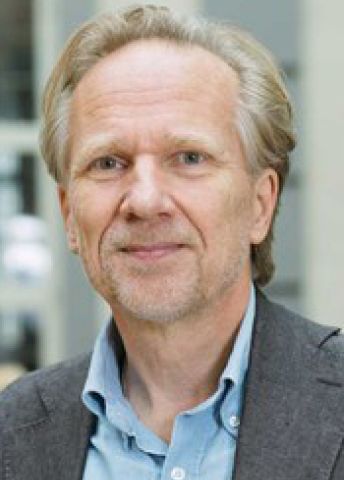
Tore Ellingsen
Professor of Economics
Wallenberg Scholar
Institution:
Stockholm School of Economics
Research field:
Institutional, organizational and behavioral economics
Professor of Economics
Wallenberg Scholar
Institution:
Stockholm School of Economics
Research field:
Institutional, organizational and behavioral economics
He studies how dutifulness contributes to successful societies
Unselfish behaviors contribute to creating successful organizations and societies. But how do you encourage unselfish behaviors? As a Wallenberg Scholar, Tore Ellingsen aims to study the motivations behind other-regarding behavior.
Most societies and organizations seek paths to shared prosperity, but it is often difficult to force the individual to prioritize the group. Rather, successful societies rely on a high degree of trust. This trust does not arise in a vacuum but is based on the trustworthiness of others – which in practice tends to mean that they are dutiful. In turn, the strength and direction of dutifulness varies greatly from culture to culture.
"For example, it is hardly a coincidence that lost wallets are more likely to be returned to their owner in countries where people feel morally obliged to help others – not just relatives and friends but also strangers,” says Tore Ellingsen.
Tore Ellingsen plans to develop a new theoretical framework for analyzing social duties and dutifulness. Through the lens of the theory, he aims to explore how laws, contracts, and informal agreements can promote unselfish behavior.
“Some duties are strict; they dictate what one should and should not do. Other duties are more liberal, suggesting what one ought to do. I believe that successful societies largely rely on liberal duties, as these duties are compatible with individualism and creativity. The realization that individualists are not necessarily selfish – in fact, they are often less selfish than collectivists – has been an eye-opener for me”, he says.
Ellingsen's work combines decision and game theory with insights from a wide range of disciplines, including moral philosophy, jurisprudence, sociology, and social psychology. The goal is to provide a more nuanced and comprehensive understanding of the mechanisms behind unselfish behavior, benefiting policymakers in both politics and the business world.
“This is an area where there is a lot of interest and quite limited fundamental research,” says Tore Ellingsen.